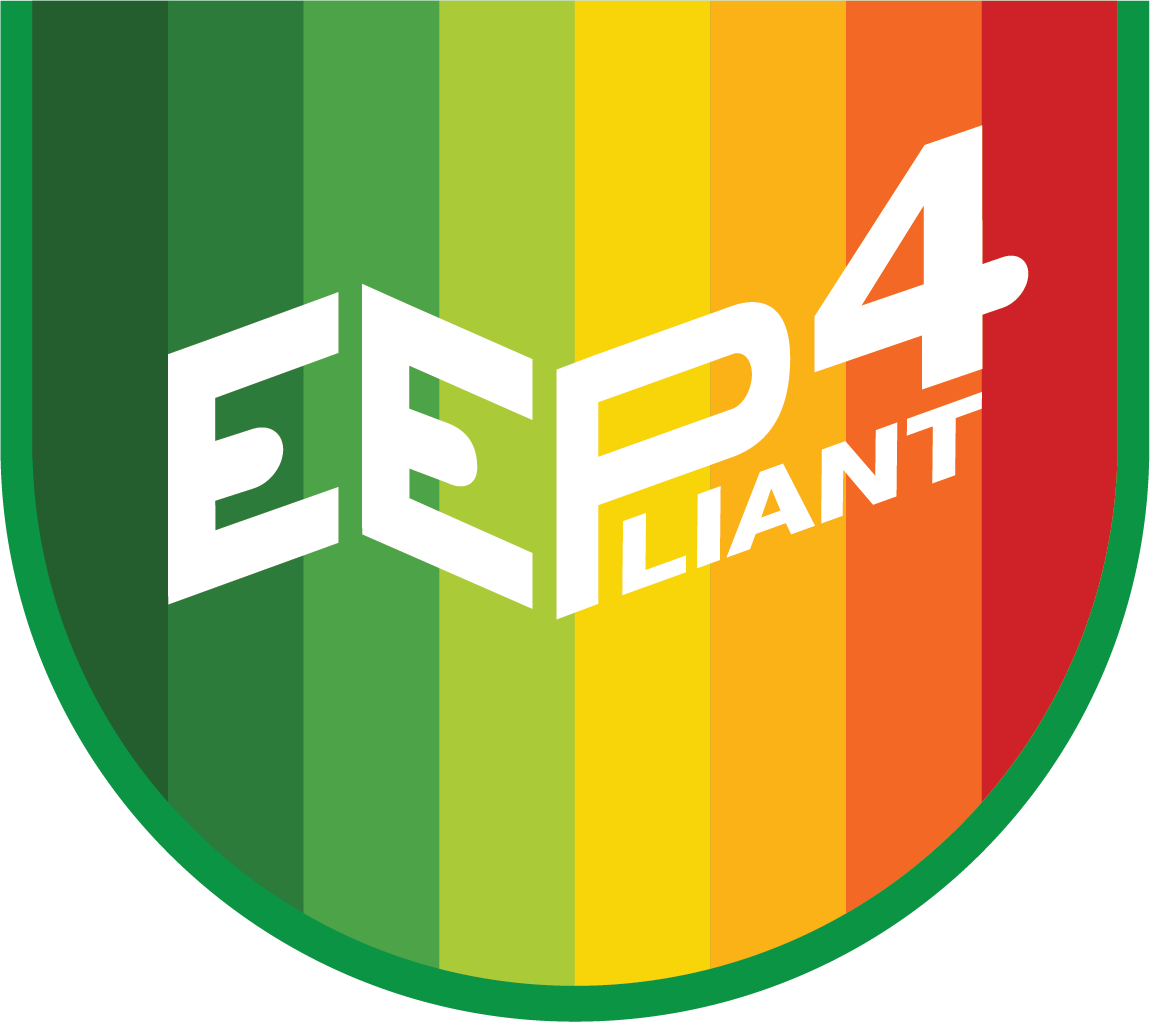EEPLIANT4 Work Package 11: Emerging Issues and Challenges
The objective of Work Package 11 is to support the market surveillance inspectors with the increasing challenges they encounter in verifying compliance of regulated products. Challenges range from very simple ones, like obtaining a random specimen for verification testing purposes, to challenges with very large products where traditional laboratory test methods, cannot be applied, market fluctuations, or challenges deriving from the evolution of the ecodesign requirements about resource efficiency, circularity, etc, or the lack of actual market non-compliance rates that are fundamental for designing national strategies and plans and for planning future EU-promoted joint market surveillance actions.
EEPLIANT3 Work Package 6: Concerted actions on new and arising issues posing challenges to market surveillance and enforcement
Market surveillance inspectors increasingly encounter challenges with verifying compliance of regulated products. Challenges range from very simple ones, like the way to select random specimen for verification testing purposes, to challenges related to very large products assembled in situ where traditional laboratory test methods cannot be applied ― if the product models can even be located.
This Work Package is being designed to be able to take action through the setting up of dedicated task groups on the identified issues for market surveillance raised for the entire duration of the Concerted Action by members of the two relevant ADCO groups.
